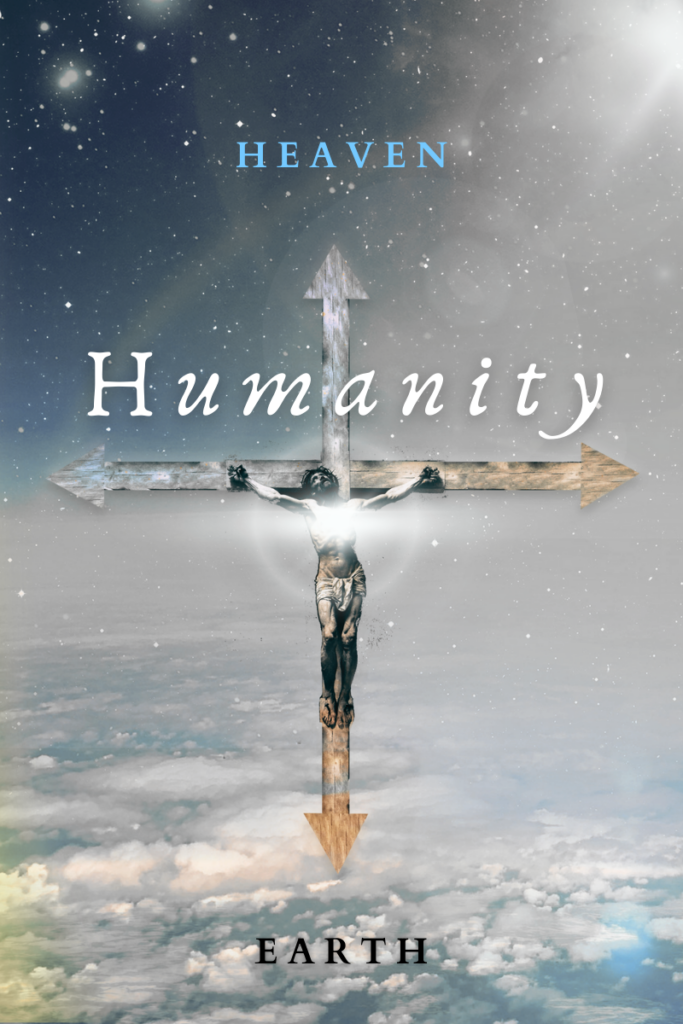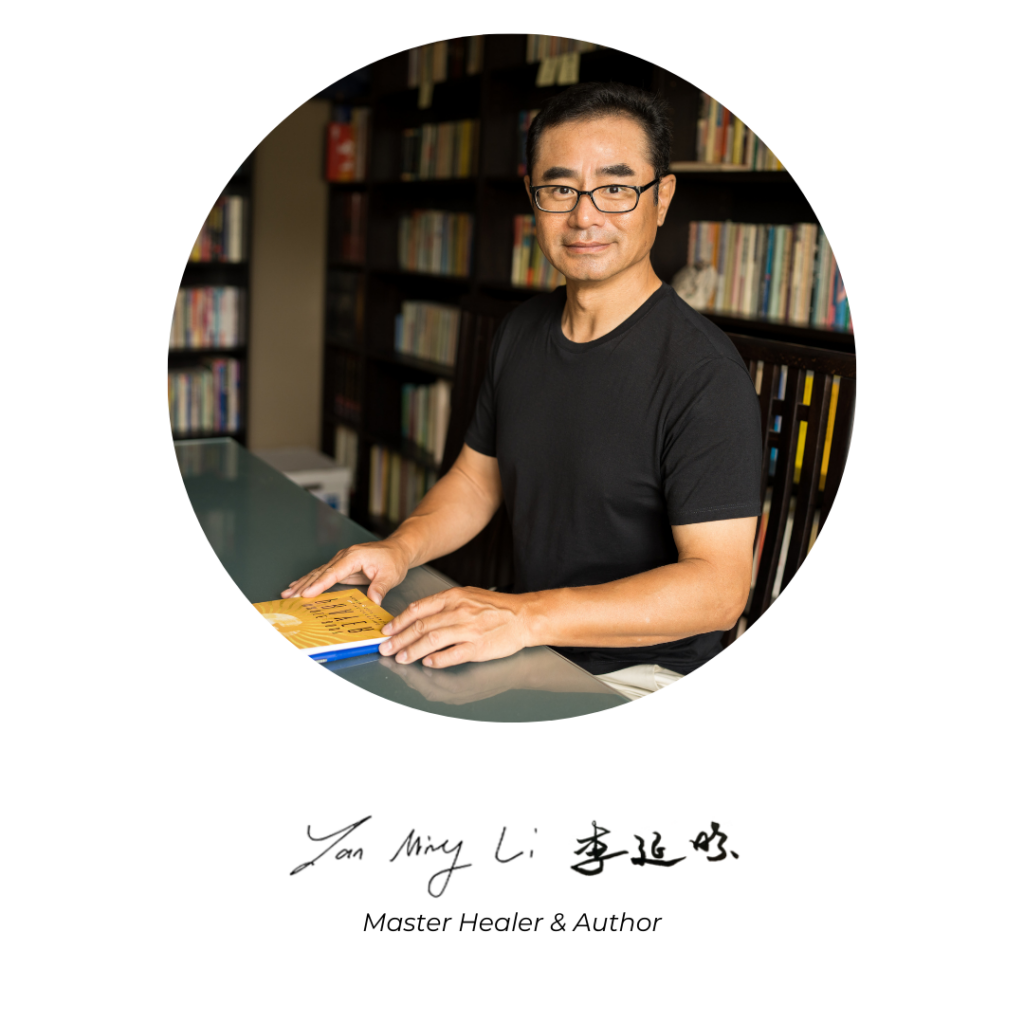
"In the act of forgiving, and even loving our enemies, we create the opportunity for rebirth and a new beginning"
Christians celebrate Easter on the first Sunday following the initial full moon of spring. It’s the most holy and solemn moment in Christian liturgy, marking the passion of Jesus on the cross––his final moments in human form, where he is at once like us in his agonizing suffering, and supremely Divine in his grace and forgiveness.
That intersection is also epitomized by the very structure of the cross, whose horizontal beam symbolizes connection to humanity and the earthly plane, while its vertical shaft points our pathway to the Infinite.
Jesus himself also represents that confluence; Christians see him as both the Son of God, and a perfect manifestation of God–he is at once human and divine and infused with the Holy Ghost (or Spirit of God). This Trinity is at the crux of Christianity; the word “crux,” in fact, derives from the Latin for crucifix.
What would Jesus do? The fundamental question for true believers. He loved all, including his oppressors. The Old Testament portion of the Christian Bible–which predates Jesus–advocates vindictive punishment for wrongdoing. But Jesus overturned that.

“You have heard that it was said, ‘Eye for eye, and tooth for tooth,’” He preached in the groundbreaking Sermon on the Mount (Matthew 5:38). “But I tell you, do not resist an evil person. If anyone slaps you on the right cheek, turn to them the other cheek also. And if anyone wants to sue you and take your shirt, hand over your coat as well.”
It was a radical message of nonviolence in a war-torn region of the world. The powerful teaching of “Love thy neighbor” has endured to this day, influencing some of the greatest nonviolent revolutions of our times, including inspiring Mahatma Gandhi in the East to lead tens of millions of his countrymen in peaceful defiance of British colonial rule. This in turn stirred Martin Luther King in the West to use nonviolence in the American struggle for civil rights. The willingness to die for a cause is powerful and it triumphs over the willingness to kill. But this kind of courage is never easy.
“My God, my God, why have you forsaken me,” cried the suffering Christ, at his most human––parched and bleeding on the cross. Then, at his most Divine, he prayed for his Roman executioners: “Father, forgive them; for they know not what they do.”
In Christian theology, Jesus died on the cross for the absolution of humanity’s transgressions. Put it another way, God chose to sacrifice his only son to atone for our sins. The “Good News” of Christianity is that Christ did not actually perish on the cross. He rose again days later and reappeared to his followers. In this doctrine, if we accept Jesus as our Savior, our sins are forgiven, and we too have the opportunity for redemption and resurrection. A Christian who is saved through the grace and forgiveness of Jesus is said to be “born again.” By following the example of Jesus, all of us have the potential for rebirth. In fact, he sanctified this in a ritual––the sacrament of the Eucharist, which is also called Holy Communion. In accepting a blessed offering of a bread wafer along with a sip of wine––which Jesus gave to his disciples during the Last Supper, on the eve of his crucifixion––Christians recommit to their faith and are spiritually reborn.
That was an excerpt from Whole Body Prayer: Five Seasons of Healing, a daily-practice book which is coming out Summer, 2022
— after the April 30th release of Yan Ming Li’s memoir, Whole Body Prayer: The Life-Changing Power of Self-Healing which you can order below.

